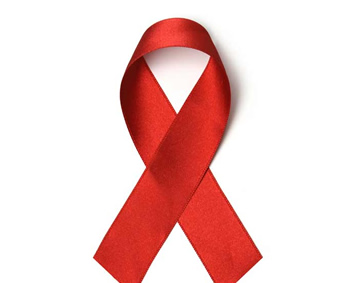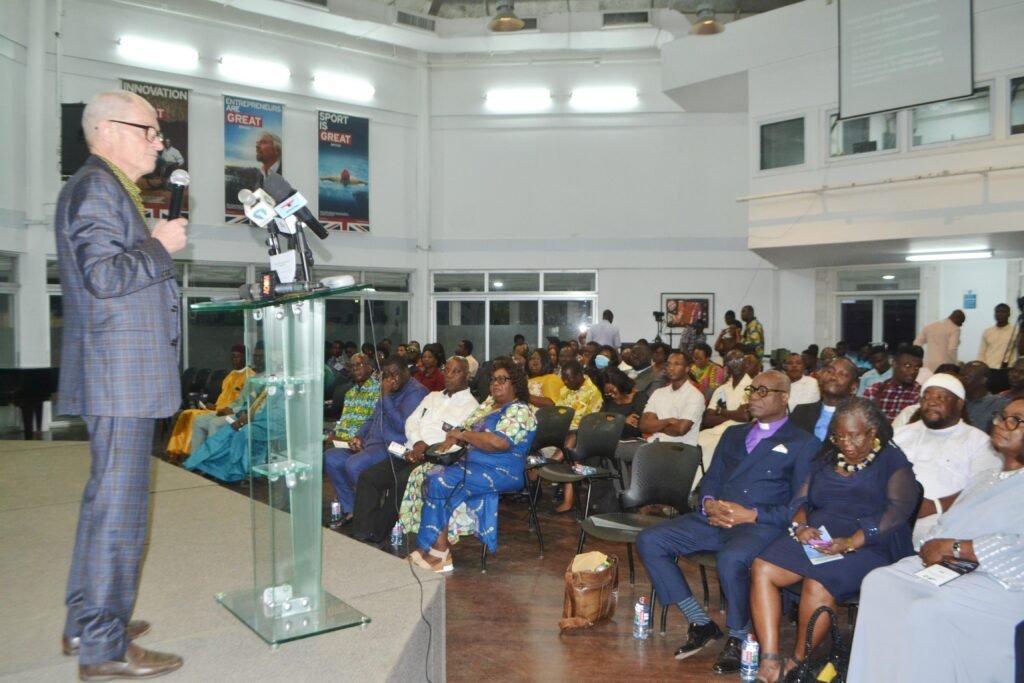
Koforidua — A day's workshop on HIV/AIDS for media personnel in the Eastern Region was held here in Koforidua on Friday.
It was aimed at deepening participants' understanding of issues related to HIV and Tuberculosis (TB) and to solicit their support to help reduce stigma and discrimination against Persons Living with HIV (PLHIV) and TB.
The workshop is organised by West Africa Programme to Combat AIDS (WAPCAS) and Sexually Transmitted Infections (STIs), a non-governmental organisation (NGO).
Addressing the media, the Executive Director of WAPCAS, Ms Comfort Asamoah-Adu, urged journalists to educate the public to stop stigmatising PLHIV and TB patients to enable them open up and access Antiretroviral (ARV) treatment.
According to her, stigmatisation and discrimination against PLHIV and TB patients was still ongoing in communities, health facilities and among the general public, adding that the situation was causing the high defaulting rate among such persons who were refusing to access ARV treatment.
"This issue of stigma and discrimination keep eroding any successes that Ghana was making in the fight against HIV, especially among key population and hence we need to ensure that it stops to reduce the high defaulting rate and associated deaths," she added.
The Executive Director of WAPCAS stated that it was worrying that in this age people still had negative perceptions in how HIV and TB was contracted adding "as soon as people get to know of someone's positive status they begin to disassociate with the person and tag him or her as promiscuous and this has generated a lot of stigma in the system."
She stated that even though research had made clear the means of contracting the diseases, people continued to entertain fears in associating with such persons, stigmatising them.
Ms Asamoah-Adu said the situation had caused a lot of PLHIV and TB patients "to coil in their shells" as they refuse to open up and seek the necessary support that they needed at the health facilities, adding "some cannot provide themselves with the meals to enable them take the drugs or transport themselves to the health facilities for their drugs."
Ms Asamoah-Adu said there was the need for stakeholders to put in more efforts to stop the stigmatisation of those infected at all levels for the country to meet the target of ending HIV by 2030.
She said her outfit, since 2002, had been able to access the Global Fund to support health services for key populations, PLHIV and TB patients.
Ms Asamoah-Adu said her outfit had carried out a lot of activities to help reduce stigma and discrimination and urged the media to support her outfit to reduce it further to enable the country achieve successes in ending HIV by 2030.
Read Full Story



















Facebook
Twitter
Pinterest
Instagram
Google+
YouTube
LinkedIn
RSS